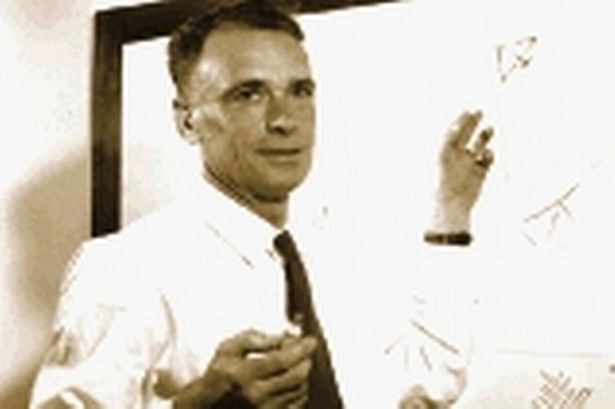To many, the name Edward George Bowen popularly known as “Taffy” does not ring a bell. But this modest scientist was one of the most important people that helped Britain with winning The Battle of Britain when German Air Force waged war against the Kingdom during the Second World War.
While he was neither one of the Royal Air Force (RAF) fighter nor part of the crew on the battle field that brought down Hitler’s Luftwaffe out of the sky, Bowen was one of the people that developed the technology that gave the British RAF an advantage over the Germans as they were able to detect the Luftwaffe and strike them down.
Bowen, together with his colleague developed the airborne radar that made it easy to detect aircrafts. The first time Bowen accompanied Navy and Coastal Command men to search for a British fleet in the North Sea and actually detected it using low visibility, the military observers were baffled to see the impressive work their radar technology can do.
By 1943, the radar developed by this former Swansea University physics professor and his colleagues were miniaturised and fitted into the nose of British war planes to allow them detect enemy aircrafts and submarines.
As such, Bowen and his colleagues technology became the standard for all British war aircrafts and apart from helping the British RAF destroy Hitler’s Luftwaffe and stop Germany from gaining superiority over Britain, the radars also helped Britain during the Battle of the Atlantic as they were also able to detect the German U-Boats (Undersea Boat or military submarines) within 100 miles and destroy them. All during The Second World War.
Bowen and his colleagues’ invention did not only boost the British navy and military might during the Second World War but has also changed our everyday lives with the technologies that were designed by their work. Air traffic control, modern microwave ovens and TV cathode ray tubes are some of the technologies we have come to enjoy as a result of their invention.
But Bowen was not a man that love praises or being honoured for the technologies he had contributed to make possible. When he moved from Britain to his newly adopted country which was Australia, the genius scientist refused many honours that were awarded to him for the contribution he has made to the world’s technological advancement, the Wales Online reports.
He was just a modest genius that loves doing what he does. This son of a Cockett steel worker was so talented that he built his own valve radio transmitter at the very young age of nine. And at 16, he was already a student at Swansea University who went on to get his MScat 19 and then a professorship at just 24. In 1991, this man who was a Second World War hero even though he was never on the battle field died in Sydney. He was 80.
